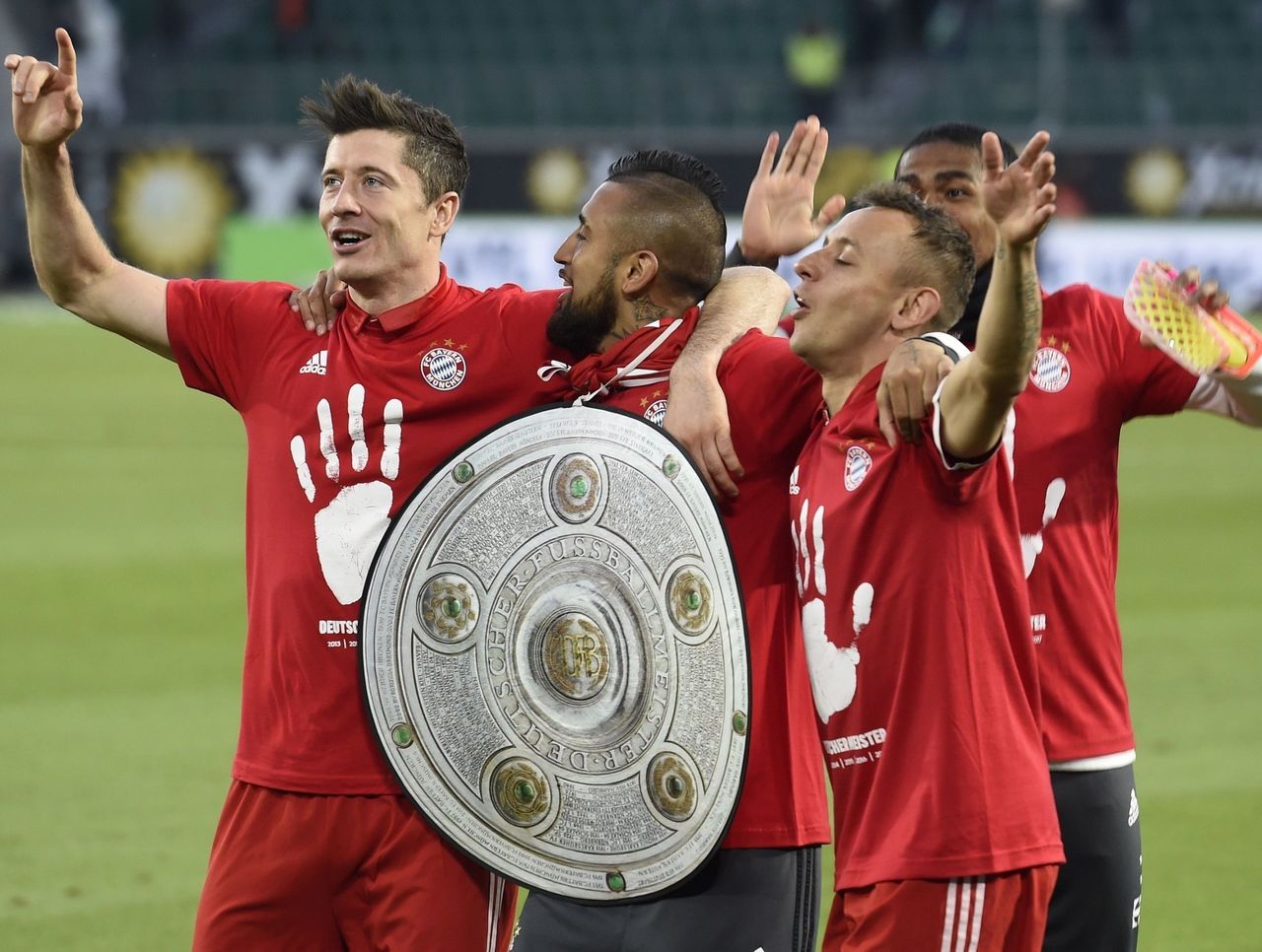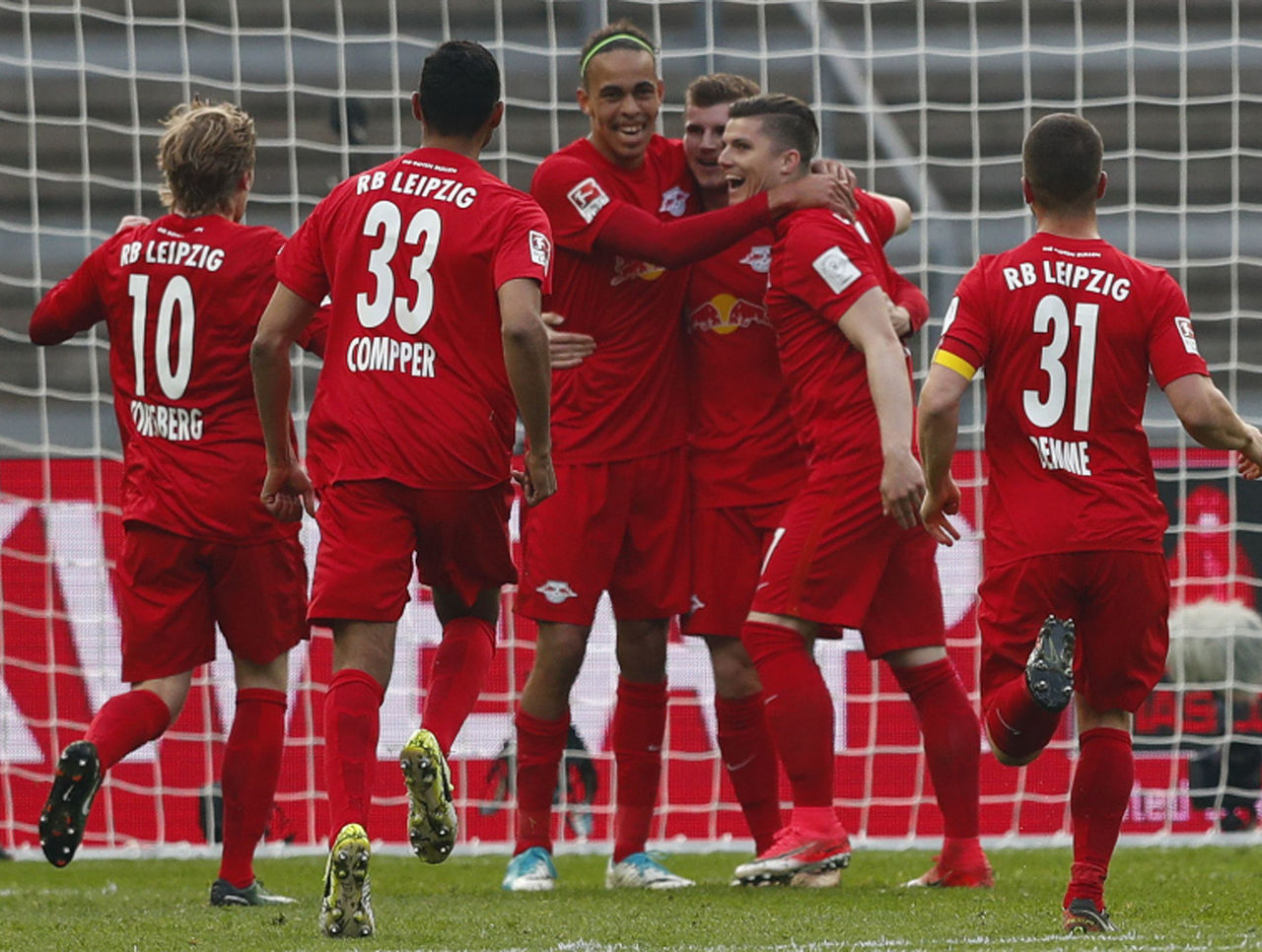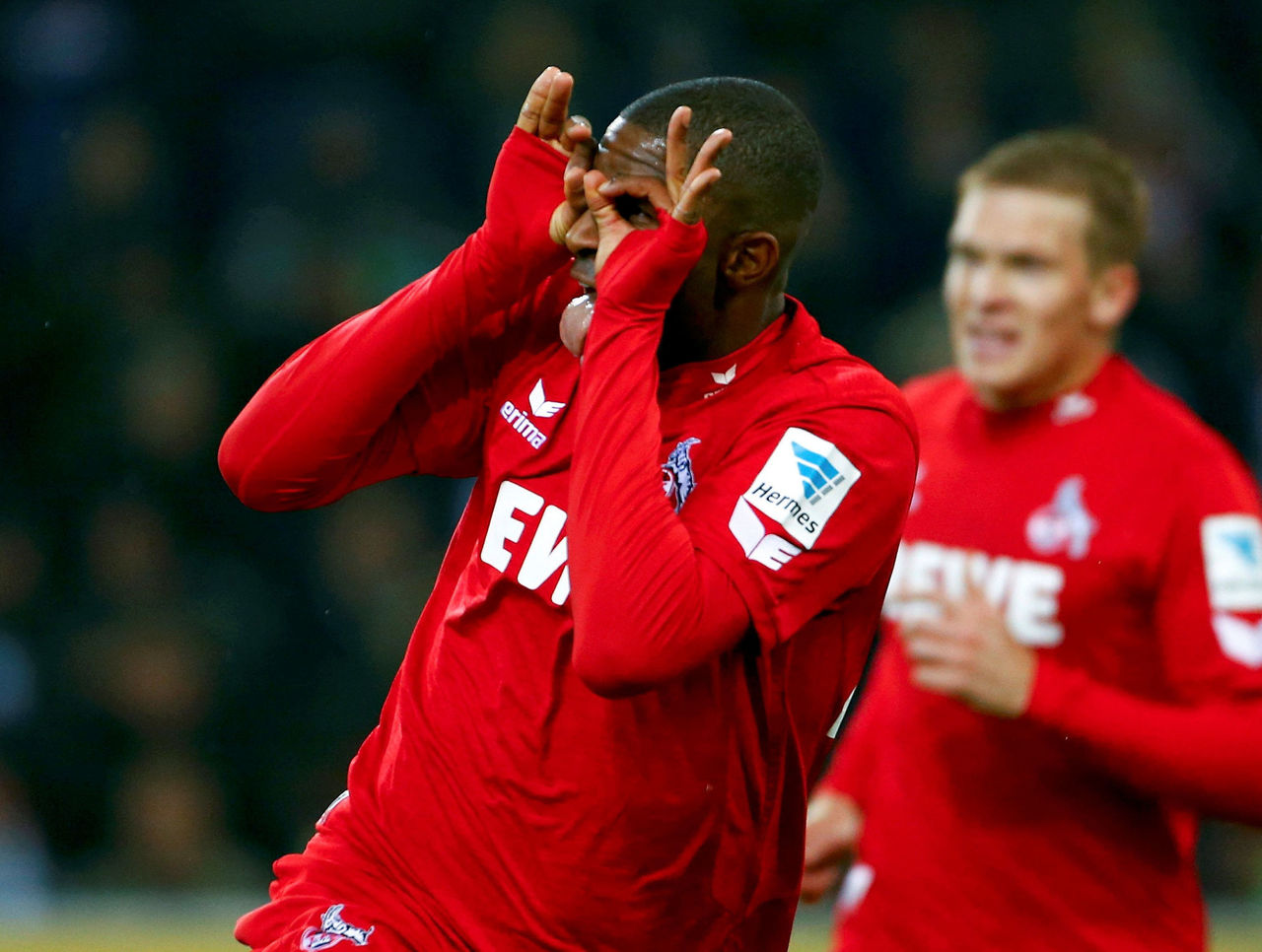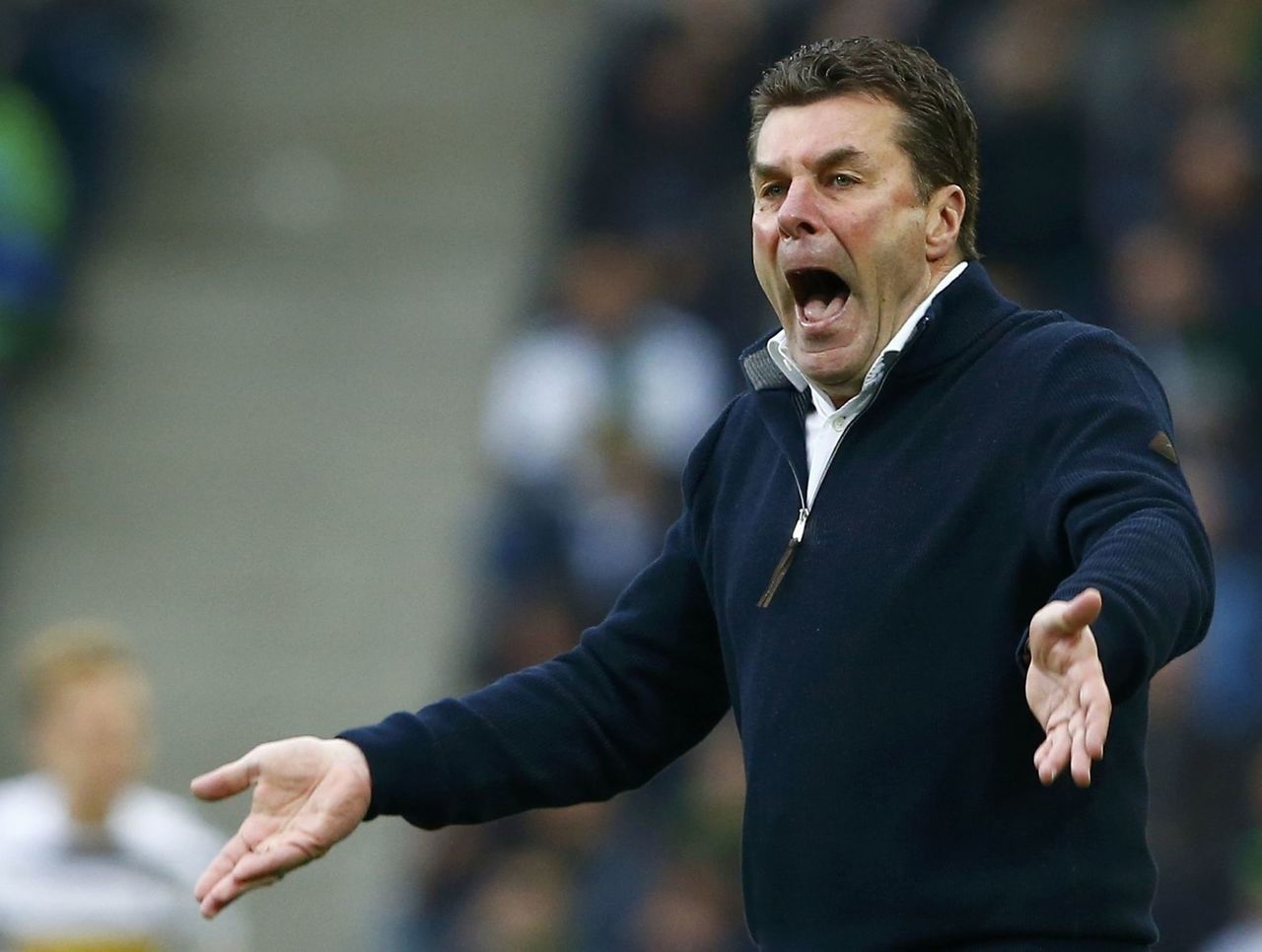4 things we learned in the Bundesliga this season
With the Bundesliga campaign coming to an end Saturday, theScore takes a look at four primary takeaways from Germany's top flight.
Another dull title race

The gap between Bayern Munich and its German competition isn’t showing any signs of regressing.
Considering Borussia Dortmund's lack of form early on presented an opportunity for the title race to get out of hand, separation from the pack occurred unusually late.
Instead of battling Dortmund or another inferior top-six team, Bayern was entrenched in a clash with a stubborn RB Leipzig side competing in the Bundesliga for the first time.
Although Ralph Hasenhuttl's men did well to give off the impression that a title race existed, a defeat to Bayern in December essentially extinguished any chance Leipzig had of pulling off an upset for the ages.
Leipzig remained in striking distance until a run of poor results in March saw Bayern pull away with an advantage in points that the Bundesliga hasn't seen since the 2013-14 campaign.
Bundesliga debutants continue to thrive

Future clubs competing in the Bundesliga for the first time can find plenty of reason for optimism.
Ingolstadt and Darmstadt kick-started the trend last season by defying expectations and emerging unscathed in their top-flight debuts with seven and five points of separation from relegation, respectively.
Months later, the achievements of Ingolstadt and Darmstadt were paled by the emergence of Leipzig, whose accomplishments during the club’s first taste of top-flight football have led to a berth in the Champions League.
On the heels of Leicester City's historic Premier League triumph, the chance for another, even bigger, upset shifted to Germany as Leipzig ploughed through the competition until a showdown with Bayern all but snuffed out the chances of another fairy-tale season.
The added pressure of competing in Europe could be tricky for a team that’s shown a reluctance to rotate the squad, but that likely won’t result in the disastrous sophomore seasons that will see Ingolstadt and Darmstadt return to the second division next season.
Europe's top scoring race

While the title race lacked intrigue, there was no shortage of excitement surrounding the goal-scoring charts.
In terms of efficiency among Europe's premier competitions, no league's top five goal-scorers could match the Bundesliga's output. Considering German teams compete in four fewer games during a season than clubs in England, Spain, France, and Italy, marksmen in the Bundesliga were the most clinical of all.
| League | Matches played | Goals (top 5 scorers combined) | Individual average goals per game |
|---|---|---|---|
| Germany | 34 | 123 | 0.72 |
| Italy | 36 | 125 | 0.69 |
| Spain | 37 | 121 | 0.65 |
| France | 37 | 116 | 0.62 |
| England | 37 | 111 | 0.6 |
The scoring race featured a fresh face, as French forward Anthony Modeste went on a rampage in front of goal and kept FC Koln competitive by scoring more than half of his team's goals this term.
Dortmund's Pierre-Emerick Aubameyang secured the scoring title in a race that saw him edge out Bayern's Robert Lewandowski by a single goal after finishing the season with 31.
No love for managers

A change in leadership didn’t yield the desired results for some European hopefuls during a season that saw managers bite the bullet at an alarming rate in the opening months.
Seven managers were out of a job before the winter break, surpassing last season's final total of six, as owners displayed an impatience that's become familiar across the modern game. The timing of a number of the changes raise questions as to whether the shift in direction was necessary.
One can only wonder if a managerial change actually benefited Borussia Monchengladbach and VfL Wolfsburg. Although the drop compared to last season had been dramatic, Gladbach and Wolfsburg didn't show encouraging signs of improvement when Andre Schubert and Dieter Hecking, respectively, were dismissed, with the latter succeeding for the former in December with marginal success.
(Photos courtesy: Action Images)